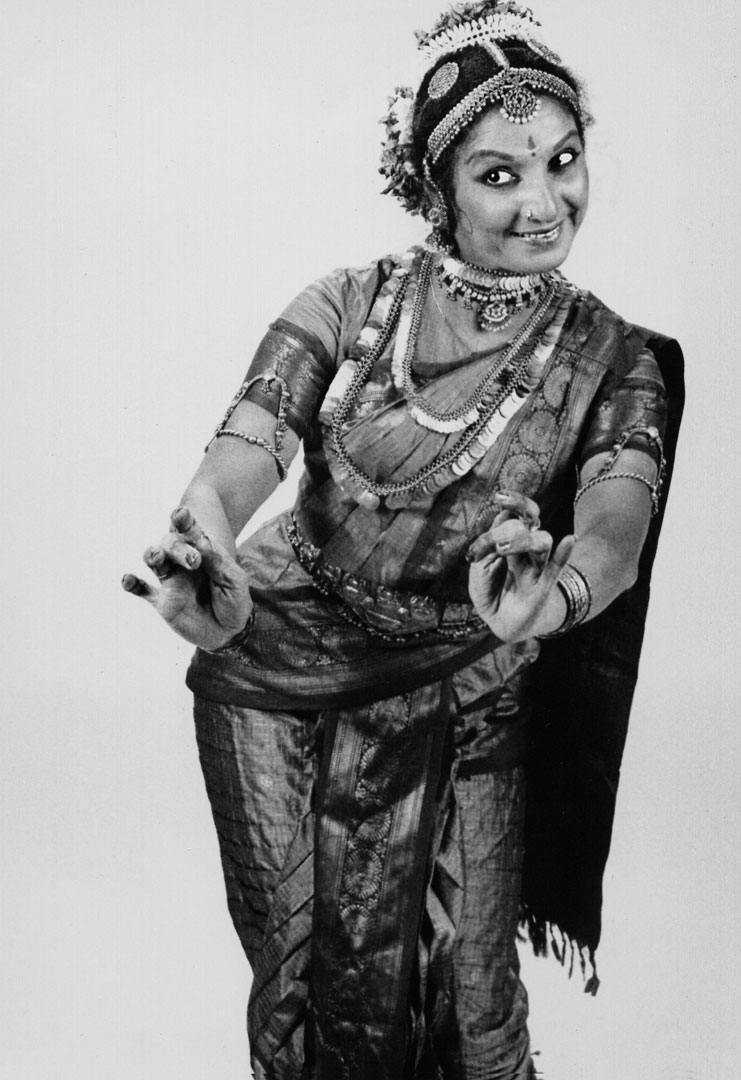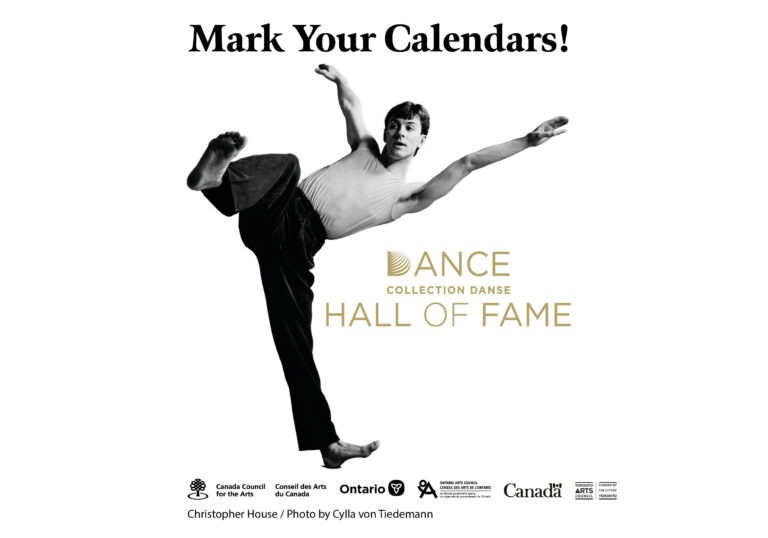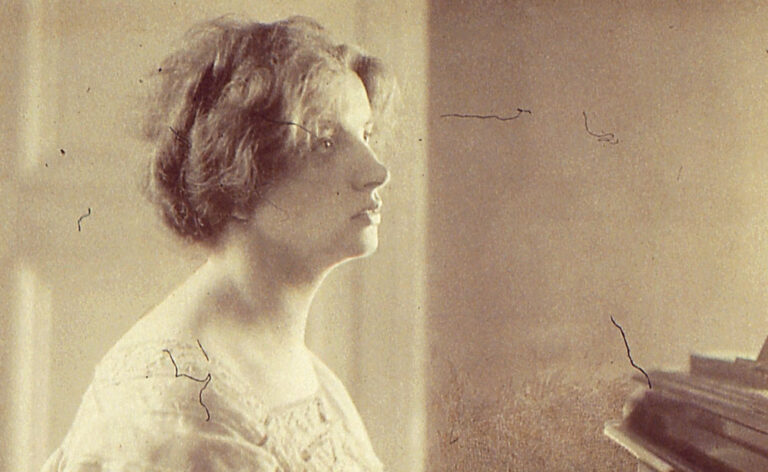DCD Lab – Searchability
On Friday 31st July, we came together to enjoy a DCD Lab on the topic of Searchability.
The DCD Lab was led by Amy Bowring and Beth Dobson. After the introductions, we set into the meat of the business, and were ably guided through such questions as:
- How easy do you find it to search the DCD catalogue ?
- How easy do you find it to search archive catalogues in general or digital databases? Please give examples of catalogues which you have found easy to search, even in online shopping.
- Please share with us any stand-out experiences you have had– good or bad – searching for archives/materials? What would make it really easy for you to find items on the DCD site?
We had a great time sharing our experiences of when it’s been difficult to search an archive catalogues. Problems outlined included:
- The archive catalogue lives in the archivist’s head. This makes it entirely unsearchable!
- Searching for archives is generally difficult at first, when faced with a new collection, but searching becomes easier as you become more familiar with the database.
- Lack of knowledge of the collection material makes it difficult to search.
- Incorrect spelling and inconsistencies in data entry mean that the material is not picked up in a search, meaning that you are never aware that the material you were searching for actually exists!
None of these makes searching archive catalogues easy, leaving you frustrated and unlikely to go back.
HOWEVER the biggest problem with searchability is Terminology. What search terms should you use? Should you look for material on contemporary dance using very specific terms or broad terms? One participant explained that they only search using the exact term. Using a broad term can bring up wider information, which is often ‘way more than you need which can be overwhelming’. It was explained that usually a search is carried out ‘by box and accession number’. This is only possible if you have detailed knowledge of the collection. It is not much use if you don’t know the collection!
This moved us onto a discussion around how we think about catalogues. It was mentioned that the digital native generation struggles to search catalogues. They expect searching to be intuitive and the database easy to use, in the same way that online shopping is. When using search terms, the observation was made that they ‘put all the wrong things in’. This led to the comment that the ‘assumption is that [poor results from searching] is a user problem not a technology problem. It should be the other way round’. The technology is available to allow searching of archive catalogues to be easy. The analogy with online shopping is a good one. Online shopping sites go out of their way to make the experience easy, enjoyable and for you to find what you are looking for. There is no reason why this can’t be the same for searching archives.
Part of the problem with searching archives at the moment is that we are ‘transposing a system of searching from a card catalogue to the digital world’. Think about it, a car is simply a modification of a horse drawn carriage. Nobody has stood back and thought, how can we make this different? We have this opportunity with DCD Labs. We do not have to, and should not, replicate what is already out there if it’s not working. We have the opportunity to build something YOU need and which allows YOU to do what YOU want.
At this point, Marcus Bointon, DCD Labs Developers, demonstrated the DCD Labs custom built app for testing, DCD Discover. Marcus explained that he added all 4,300+ records from the DCD database, CIDD, in 20 seconds!
Marcus explained that since the previous DCD Lab on Accessibility on the 16th of July, he has updated the site to take into account concerns over bias in facial recognition. He has added a ‘Human Curated’ section for tags.
Marcus demonstrated the searching capabilities of DCD Discover by searching it using the machine generated tags. He explained that the site has a responsive layout because it is designed to be used with mobile phones. And importantly, given the discussion earlier, it copes with misspellings, typos and synonyms, both those created by the cataloguer and by the items themselves.
We were also able to see the controls. As Marcus stated there are ‘a lot of knobs you can twiddle’. DCD Discover lets the ‘tech do the work’ and removes ‘a huge amount of human effort’. For example, it is to have the indexes in English but to search in another language, and still find the information you require. Amazing.
One really interesting feature is the ‘No Result Searches’. This shows the search terms that people are using but which result in no items found. This is not much use to the researcher but is of immense use to the archivist. It shows the archivist what search terms people are using and allows the search terms/tags to be altered. It puts the responsibility back onto the archive and removes the ‘blame’ from the researcher.
You can see DCD Discover in action here
The DCD Lab on Searchability raised some very interesting discussion points, and provided a great deal of food for thought for the future development of the DCD. Thank you so much for your help. You are invaluable in creating the means for everyone to connect with the DCD collection.
The DCD Labs ended with two questions which we would love you to answer:
Q. What websites do you find useful and/or actually enjoy using?
Q. In terms of tagging race, gender and other terms of diversity what precedents could be built on?
Please send your answers to lorraine@dgen.net




